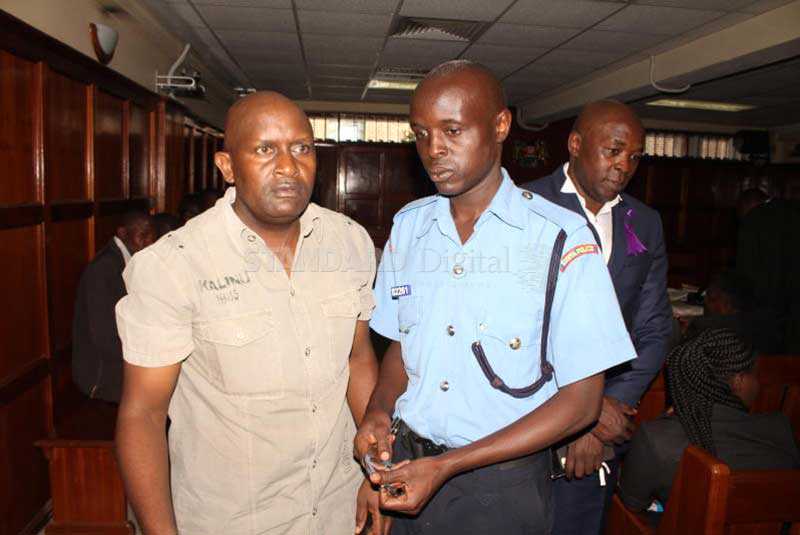×
The Standard e-Paper
Stay Informed, Even Offline

The silence was almost pin drop. The only sound coming out of room number three on the ground floor of Nairobi’s High Court Complex was the voice of Judge James Wakiaga cutting through the tension packed room and resting on the ears of the dozens following the proceedings.
The gallery hang on to every word he read from a sheaf of papers in front of him. Nearby, the family of Kenneth Kimani Mwangi sat pensively, hoping that his death would finally be avenged.